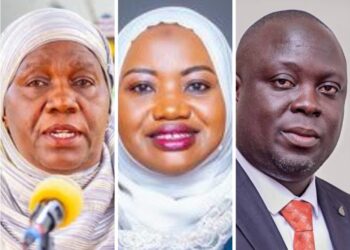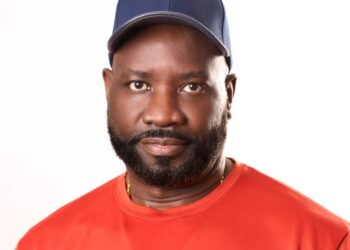4th November 2024
Your Excellency, President Museveni,
On 1st November 2024, during your meeting with the NRM Parliamentary Caucus at Kisozi Farm, you reaffirmed your dedication to Uganda’s socio-economic transformation, underscoring two pillars: free education and wealth creation. Your vision of a prosperous Uganda, tapping into its abundant resources, is inspiring. Yet, Mr. President, for the average Ugandan, daily survival often overshadows any notion of creating wealth.
Uganda is indeed blessed with resources, but the struggle lies not in ignorance but in the lack of accessible systems that truly empower ordinary people. Many Ugandans are acutely aware of their potential; it’s structural barriers and limited economic pathways that keep them from reaching it. Thus, urging communities to ‘create wealth’ without addressing these underlying limitations risks, leaving them stranded between ambition and reality.
Free education for all, as you rightly champion, is essential. However, the meaning of “free” must go beyond mere enrolment. In rural areas, we’ve seen some children study under trees, exposed to the elements, while university graduates find themselves ill-equipped for the workforce, turning to boda boda rides or casual gigs. Education should not only open doors but empower people to step through them with skills and confidence.
Your efforts to root out corruption are admirable and much needed. Yet corruption’s grasp on our society is deeply embedded, draining resources that could revitalise schools, healthcare, and community initiatives. Here, social scientists could make a meaningful impact by shedding light on civic rebuilding and community trust. Yet, time and again, these insights go unheeded. To combat corruption’s entrenched nature, we must approach it as a societal challenge – one that requires holistic interventions and systemic reform.
Consider the trillions of shillings invested in community programmes over the years. While a few regions have seen progress, many have not. The disconnect between funding and tangible outcomes suggests that without strong oversight, these investments risk waste. And the stakes are higher than simply misused funds. When people receive funds yet struggle to repay due to immediate survival needs, stress and worry can become overwhelming. Imagine a smallholder who, upon receiving PDM funding, uses it to address pressing needs like healthcare or school fees rather than business. This small amount – a million shillings – may briefly alleviate urgent concerns, yet it comes with an interest rate, however small, and a debt that adds further pressure.
This dynamic can breed not only economic but emotional strain, escalating to conflicts within communities that act as loan guarantors, and creating a sense of communal failure. The mental health toll alone, as families grapple with debts they can not meet, is cause for concern. If such initiatives lead to unintended stress, we risk setting up communities not for success but for hardship – ironically, in the name of empowerment.
Mr. President, Uganda’s road to prosperity requires more than ambition; it calls for a holistic, grounded approach. We must create reliable systems, empower meaningful education, and curb corruption at its roots. Your vision for a flourishing Uganda is clear, but realising it requires addressing the very obstacles that prevent people from seizing their potential. Let us not just inspire Ugandans to strive but equip them with tools and opportunities that truly serve their aspirations.
With respect and hope for our shared vision of Uganda’s future.
Yours sincerely,
Gertrude Kamya Othieno
Political Sociologist in Social Development
Alumna – London School of Economics and Political Science gkothieno@gmail.com
Do you have a story in your community or an opinion to share with us: Email us at editorial@watchdoguganda.com













